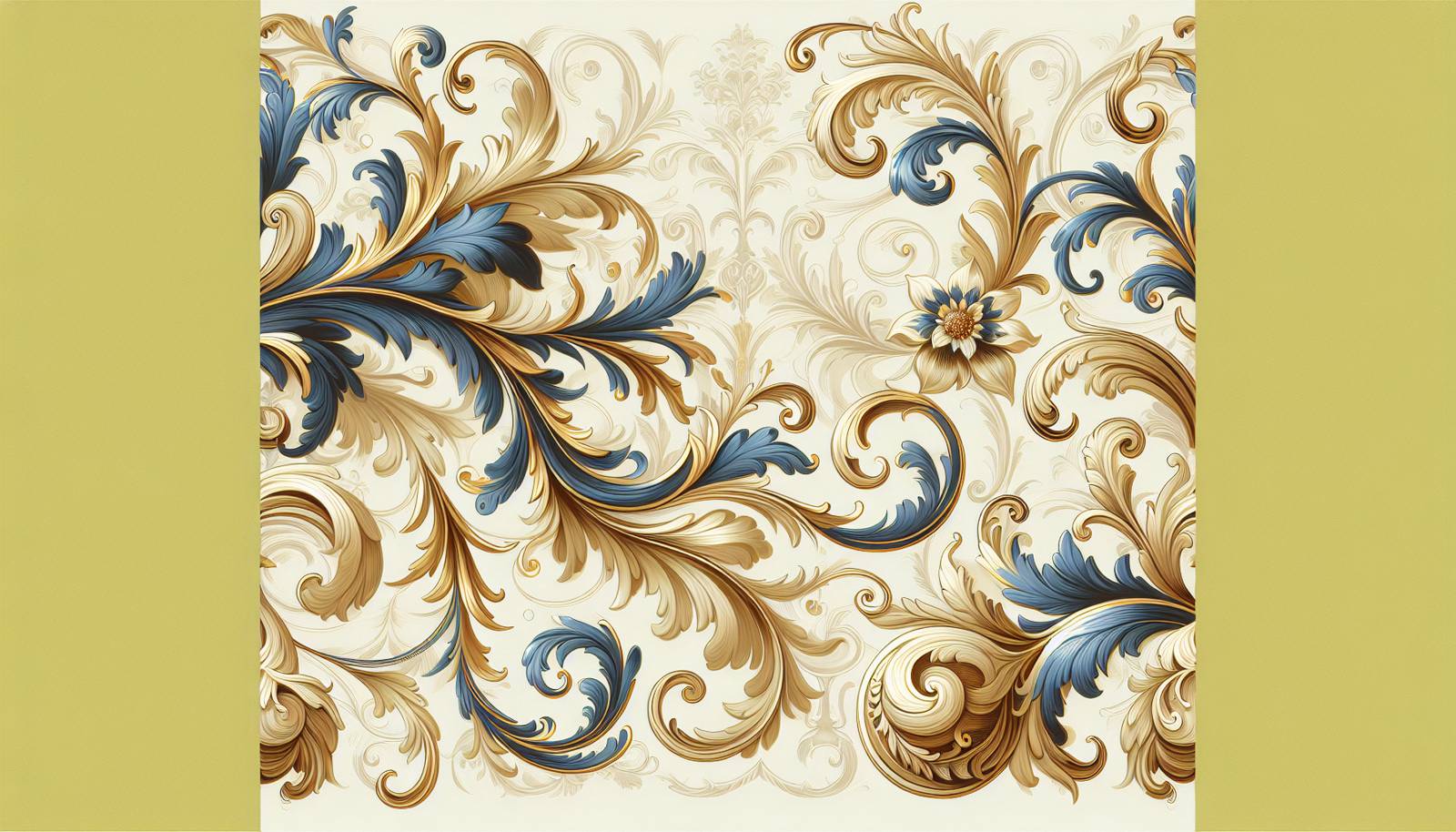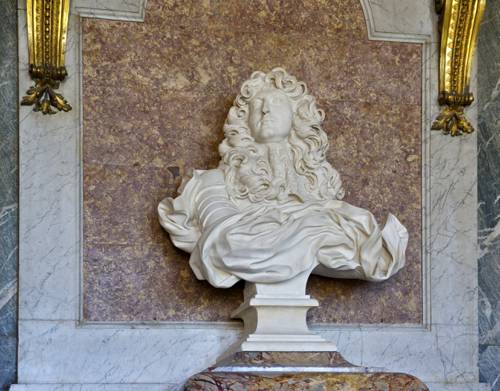
FAQ About Louis XIV

Who was Louis XIV?
Louis XIV, also known as Louis the Great or the Sun King, was a monarch of the House of Bourbon who ruled as King of France from 1643 until his death in 1715. His reign of 72 years and 110 days is one of the longest in recorded European history.

What is Louis XIV known for?
Louis XIV is best known for his absolute monarchy and the consolidation of royal power in France. He centralized the state, expanded the French territories, and patronized the arts. He is also famous for the construction of the lavish Palace of Versailles.

Why was Louis XIV called the Sun King?
Louis XIV was called the Sun King because he adopted the sun as his emblem. He believed in the divine right of kings and saw himself as the center of his realm, much like the sun is the center of the solar system.

What was the significance of the Palace of Versailles?
The Palace of Versailles was both a symbol of Louis XIV's absolute power and his commitment to art and culture. It served as the royal residence and the center of political power in France for over a century, demonstrating the might of the French monarchy.

How did Louis XIV consolidate power in France?
Louis XIV consolidated power by reducing the influence of the nobility, centralizing government functions, and employing a network of loyal ministers and officials. He also wielded control over the military and the Catholic Church.

What were the major wars during Louis XIV's reign?
Two major wars during Louis XIV's reign were the Franco-Dutch War (1672–1678) and the War of the Spanish Succession (1701–1714). These conflicts were part of his efforts to expand French influence and territorial claims in Europe.

How did Louis XIV influence art and culture?
Louis XIV greatly influenced art and culture by patronizing artists, composers, and writers, thus fostering the growth of classical French art. The establishment of institutions like the Académie Française helped standardize the French language during his reign.

What role did religion play in Louis XIV's rule?
Religion played a central role in Louis XIV's reign. He saw himself as a protector of Catholicism and sought to maintain religious unity in France. The revocation of the Edict of Nantes in 1685 was a significant religious policy, which led to the persecution of Huguenots.

How long did Louis XIV rule?
Louis XIV ruled France for 72 years and 110 days, from May 14, 1643, to September 1, 1715. His reign is one of the longest of any major European monarch.

What was the impact of Louis XIV's financial policies?
Louis XIV's financial policies, including extensive military campaigns and the building of Versailles, placed a heavy financial burden on the French economy. These expenditures contributed to the national debt that would later play a role in the French Revolution.

How is Louis XIV's reign seen in historical context?
Historically, Louis XIV's reign is seen as a model of royal absolutism. His centralization of power, cultural achievements, and legacy of a strong centralized state had a lasting impact on France, setting the stage for future monarchs and revolution.

What was the Edict of Nantes, and why did Louis XIV revoke it?
The Edict of Nantes, issued by Henry IV in 1598, granted religious tolerance to French Protestants (Huguenots). Louis XIV revoked it in 1685 to unify the country under Catholicism, which led to the persecution and exodus of Huguenots from France.

Who succeeded Louis XIV?
Louis XIV was succeeded by his great-grandson, Louis XV, as both his son and grandson had predeceased him. Louis XV was five years old when he inherited the throne and was initially under the regency of Philippe II, Duke of Orléans.

What were some cultural achievements under Louis XIV?
During Louis XIV's reign, French culture blossomed with advancements in art, music, theatre, and architecture. Notably, the expansion of the Palace of Versailles, the works of playwright Molière, and composer Lully are considered highlights of Louis XIV's cultural patronage.

How did Louis XIV's reign affect France geographically?
Louis XIV's wars and treaties, such as the Treaty of Nijmegen and the Treaty of Ryswick, expanded French territories in Europe, benefiting France's geographic position. However, these expansions were costly and sometimes unsustainable long-term.

Why is Louis XIV's control over the nobility significant?
Louis XIV's control over the nobility was significant because it reduced their power and influence, increasing his own control over France. By keeping the nobility close, especially at Versailles, he ensured their loyalty and minimized potential uprisings.

Did Louis XIV have any famous alliances?
Louis XIV formed several key alliances throughout his reign, such as the alliance with Spain through the Treaty of the Pyrenees and later his familial ties through marriages. These alliances were primarily strategic, aimed at strengthening France's political position in Europe.

What was Louis XIV's relationship with the Catholic Church?
Louis XIV maintained a strong relationship with the Catholic Church, viewing himself as its protector. He supported the Gallican Church's independence from the papal authority while ensuring Catholicism remained dominant in France.

How did Louis XIV handle domestic challenges during his reign?
Louis XIV handled domestic challenges by centralizing power and reforming the administrative structure. He used a network of intendants to enforce royal policies throughout France. His reign also saw the suppression of uprisings and the strengthening of royal authority.

What was the legacy of Louis XIV?
Louis XIV's legacy is marked by the establishment of absolute monarchy, significant cultural patronage, and the transformation of France into a centralized and powerful state. However, his reign left a complicated financial situation that affected subsequent French history, leading towards the Revolution.
